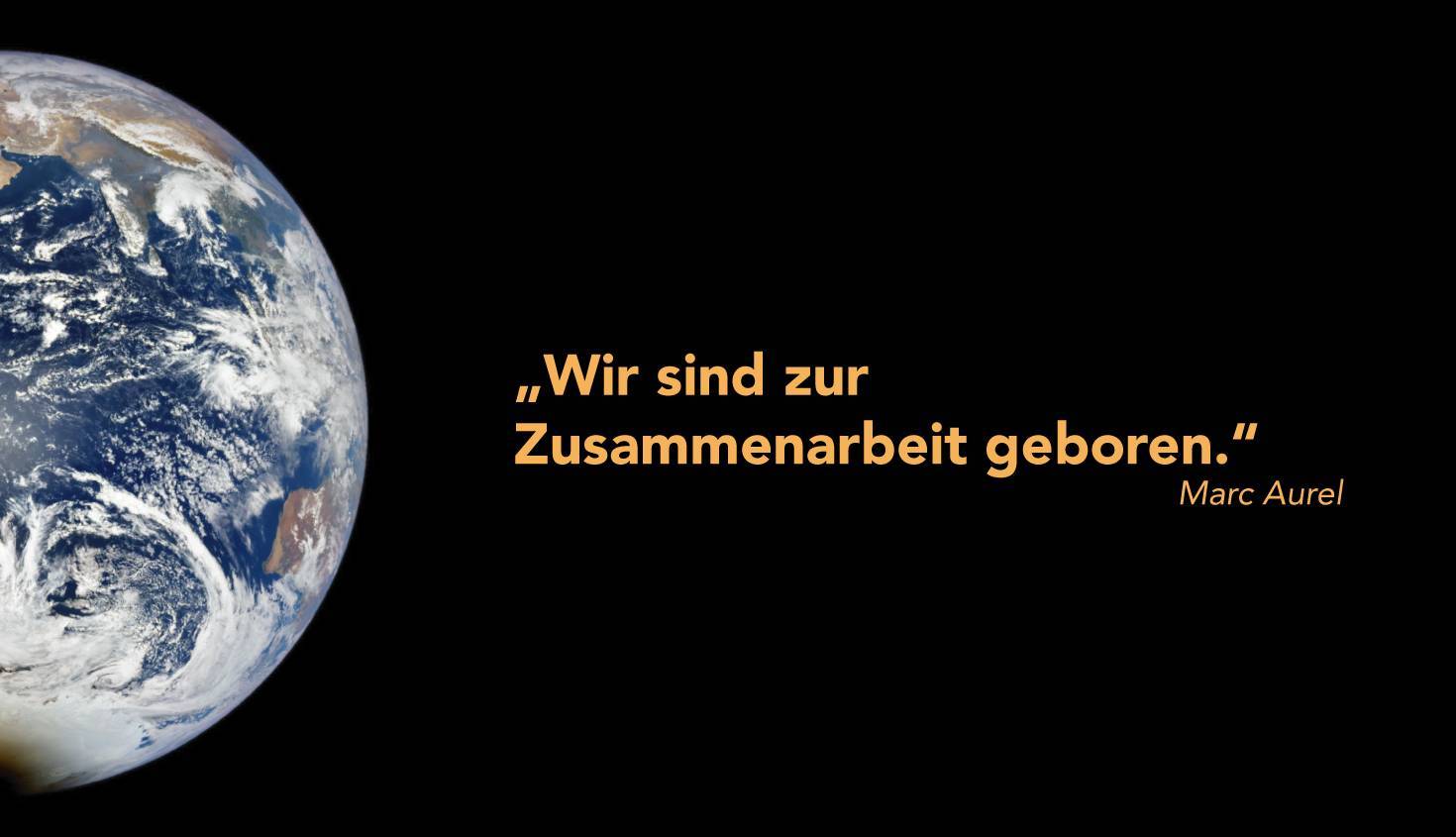
WertePost – großartige Unternehmenskultur und Kooperation 2023
17. December 2021WertePost- Toxik
11. February 2022Value balance blog: Provocation of our sustainability?
Man-made crises and catastrophes are taking on increasingly frightening proportions. The latest IPCC Report 8.2021 (4000 pages in total!), its “Summary for policymakers”: https://www.ipcc.ch/report/ar6/wg1/#SPM and the study published last week by the Potsdam Institute for Climate Impact Research (PIK ) https://www.nature.com/articles/s41558-021-01097-4.epdf demonstrates this in dramatic fashion. Added to this was the Dasgupta Review: The Economics of Biodiversity: https://www.gov.uk/government/publications/the-economics-of-biodiversity-the-dasgupta-review-government-response
COP26 mainly served a come together. Urgently needed binding agreements of the main emitters for global warming were not reached. Reading these reports can lead to gasping and fainting, even if we have known about the basic problems and tendencies of these developments for more than 30 years. The “end of the climate” is in sight. How do we find out of this dilemma?
Why other accounting plays such an important role in achieving our sustainability goals is the subject of this article.
Science versus economy?
The language of science does not speak the language of business and business. In the meantime, thousands upon thousands of scientists around the world are measuring the ecology, including the success or failure of our sustainability efforts. However, the entrepreneurial understanding of the scientific findings is far removed from the necessary implementation. How else can we explain the efforts to establish and verifiably document sustainability in the company that have so far been insufficiently effective?
A fundamental question follows: are the methods tried so far really suitable for changing our overwhelming problem, let alone solving it?
Reporting systems such as Corporate Social Responsibility (CSR), Economy for the Common Good (GWÖ)[1], Integrated Reporting (IR)[2] and Global Reporting Initiative (GRI)[3] or in parts the Sustainable Development Goals[4](SDG) are presented at best as an appendix to the balance sheet. No company has yet given me a positive answer as to whether this has changed anything sufficiently so far. I don’t want to generally deny that great efforts are being made in the area of ecology. Reports are designed to describe and paraphrase.
Balancing, on the other hand, begins with the recording of realities in euros and cents in the form of bookings. What a company actually achieves and invests is reflected in the balance sheet. This is exactly what can be measured and compared. However, our previous way of accounting does not fit into the new way of thinking and acting that is required. With the thoughts and recipes of the past, we will certainly not get any further in the face of the task. The companies are the most effective fields of transformation. Here lies a great lever for rapid change.
Courage to make a quantum leap in consciousness – confidence in great innovations
While the latest research calls for knee-jerk action, we need “green” innovations just as badly as we do more effective new methods of sustainability tracking. In a world full of complex systems and challenges, this is like a quantum leap. After all, we have (perhaps lost) mental abilities. After all, they have produced our rich historical cultural and intellectual life.
We need a (re)connection to the spiritual – the realm of ideas. Creativity and inventiveness are a consequence of this connection. Every inventor or artist knows about it. Great changes or (inventions) in human history are and were inspired; of a few, single, one or one. Many contemporaries can hardly imagine that we can achieve zero degrees of global warming. We tend to anticipate tomorrow from the status quo.
offensive what they do socially, culturally, ecologically and sustainably, also for the common good. The measurement of values also serves to increase the clarity of processes and decisions in the company. The usual balance sheet is supplemented by essential aspects and raised to a higher level. The value balance reflects the economic conditions more realistically and adequately to the entrepreneurial reality. This reality includes value creation, the creation and growth of values. At the end there is a balance sheet that is qualitatively impressive.
https://tinyurl.com/f57a7a36
https://tinyurl.com/2eft7muj
https://www.ebook.de/de/product/40971004/rainer_monnet_valuesbalance.html
[1] https://web.ecogood.org
[2] https://integratedreporting.org
[3] https://www.globalreporting.org/standards
[4] https://sdgs.un.org/goals


